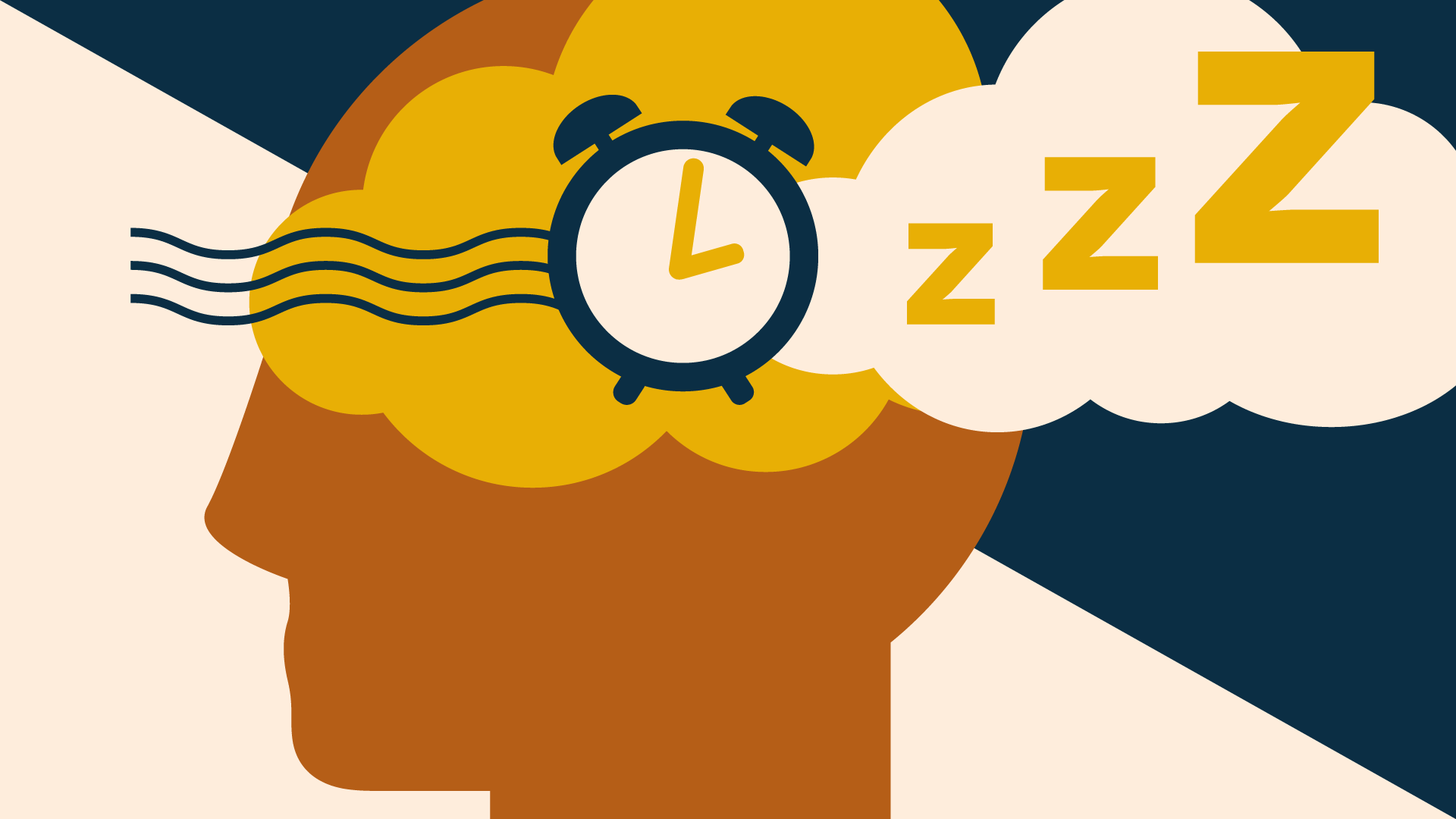Sleep, circadian rhythms and mental health: advances, gaps, challenges and opportunities


This scoping report offers a broad overview of the current research landscape relating sleep and circadian rhythms to mental health, with a focus on depression, anxiety disorders and psychosis.
This scoping report offers a broad overview of the current research landscape relating sleep and circadian rhythms to mental health, with a focus on depression, anxiety disorders and psychosis.
Sleep is vital for many aspects of our lives – from brain development to our immunity, metabolism and cognition. Despite remarkable progress in our understanding of sleep and circadian biology, the mechanisms linking sleep and circadian rhythm disruptions to causes and symptoms of mental illness remain poorly understood.
This report goes on to identify important gaps and opportunities for further research.
What's inside
- Broad insights into the current research landscape linking sleep and circadian rhythm to mental health - particularly in depression, anxiety disorders and psychosis.
- Identifying research gaps and opportunities for further study.
Who is this for
- Researchers from any field relevant to mental health.
- Researchers in sleep and circadian science.
- Lived experience mental health experts.
Disturbances in sleep and circadian rhythms are bidirectionally intertwined with almost every category of mental disorder.
While progress has been made in identifying associations between sleep and circadian rhythm disturbances and mental disorders, our understanding of the causal mechanisms underlying these links, and their translation into effective treatments that target sleep-circadian processes to treat mental disorder, remains in its early stages.
The following key gaps and opportunities for future research are identified in the report:
- The mechanisms underlying the bidirectional relationship between sleep and circadian rhythm disruption in anxiety, depression and psychosis remain unclear, including whether they are specific to, or generalisable across, different mental disorders.
- Concurrent investigation of sleep and circadian variables is an important aim, to accelerate discovery of mechanisms and the development of novel interventions.
- Many studies have focused on adulthood rather than childhood and adolescence – the age when many mental disorders emerge.
- We require a better understanding of how behaviours during the waking day, such as physical activity, napping and light exposure, interact with sleep and circadian rhythms to affect our mental health.
- Technologies including wearable and smartphone sensors, and novel circadian biomarkers show promise in illuminating the longitudinal and dynamic interaction between sleep and circadian variables in the real-world.
- We need to employ common measures for sleep and circadian function as well as for anxiety, depression and psychosis to enhance comparability across studies.
- Most sleep and circadian research has been conducted in high income countries, and fails to account for societal, familial, cultural, economic, and geographical diversity.
- Lived experience experts from diverse backgrounds are needed to ensure research fully encapsulates their important perspectives.
- The development of further innovative, practical and scalable sleep-circadian interventions is a priority.

For more information on this report, please contact Lynsey Bilsland, Head of Mental Health Translation, at L.Bilsland@wellcome.org.